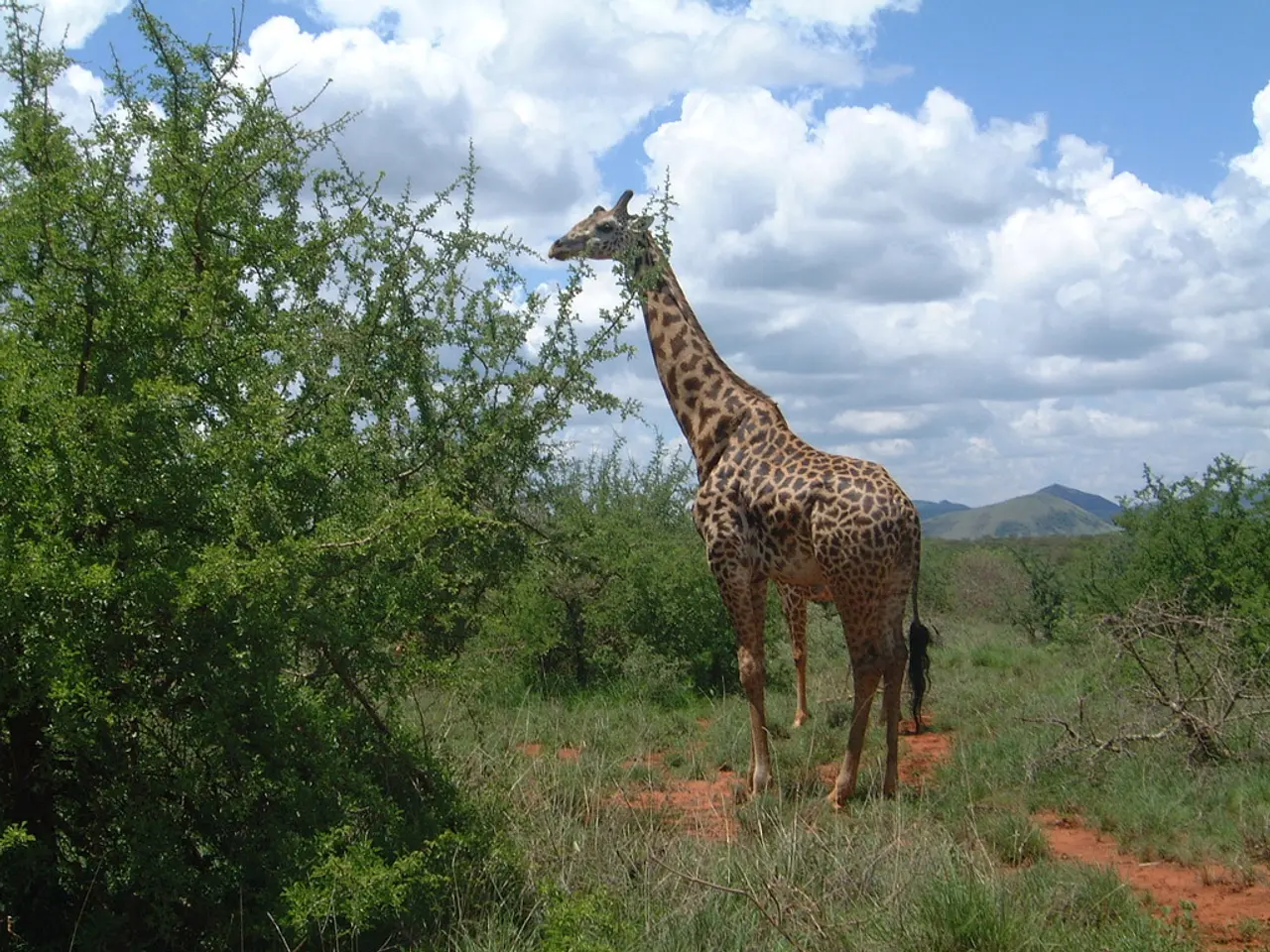Dwindling Wilderness Areas: Impact on Rural Emergency Response and Training Programs
At the World Extreme Medicine Conference, US-based nurse practitioner Alex Borzok shared valuable strategies for delivering effective, human-centered primary care in unpredictable and resource-limited environments.
With experience in both clinical practice and healthcare education, Borzok's session focused on the challenges and strategies for maintaining continuity of care in such environments. The practical and down-to-earth session explored the realities of delivering primary care in extreme and non-traditional settings.
Borzok emphasised the importance of flexibility and adaptability, encouraging care providers to be prepared to pivot care plans based on rapidly changing circumstances and to embrace improvisation when standard medical tools or protocols aren't available.
Another key takeaway was prioritising core human needs. Borzok stressed the importance of establishing trust and clear communication with patients, providing compassionate care that acknowledges the psychological and emotional aspects of illness or injury.
The session also highlighted the need for simplified clinical approaches, using streamlined protocols tailored for low-resource settings to maximise efficiency and effectiveness. Clinical judgment and basic diagnostic methods were emphasised when advanced equipment is unavailable.
Interdisciplinary collaboration was also a central theme, with Borzok encouraging care teams to work closely with all members, including non-medical personnel, to optimise available skills and resources. Sharing knowledge and learning from diverse perspectives was highlighted as a means to enhance problem-solving.
Regular simulation training and scenario planning were recommended to prepare providers for high-pressure, unpredictable situations. Developing mental resilience and decision-making skills in stressful environments was also discussed.
Borzok also emphasised the importance of utilising local resources and knowledge, engaging with local communities to understand context, available resources, and cultural factors impacting care delivery.
The session provided insights into the realities of balancing urgency and continuity when you're the only clinician on-site, offering a down-to-earth, practical approach to delivering primary care in extreme and non-traditional settings.
Alex Borzok's session at the World Extreme Medicine Conference not only discussed the challenges and strategies for delivering effective, human-centered care in under-resourced settings but also offered additional insights and strategies, building upon the earlier discussed facts. If you'd like, I can provide more detailed examples or specific quotes from his presentation.
- In the session at the World Extreme Medicine Conference, Borzok underlined the significance of using simplified clinical approaches, emphasizing streamlined protocols for low-resource settings to improve efficiency and effectiveness.
- Borzok's discussion during the conference underlined the necessity of interdisciplinary collaboration among care teams, encouraging them to work closely with all members to optimize available skills and resources.
- Recognizing the importance of human needs, Borzok stressed in his conference session the need for care providers to establish trust and clear communication with patients, and provide compassionate care that acknowledges psychological and emotional aspects of illness or injury.
- Alex Borzok's session at the World Extreme Medicine Conference emphasized the importance of utilizing local resources and knowledge, with the recommendation to engage with local communities to understand the context, available resources, and cultural factors impacting care delivery.




